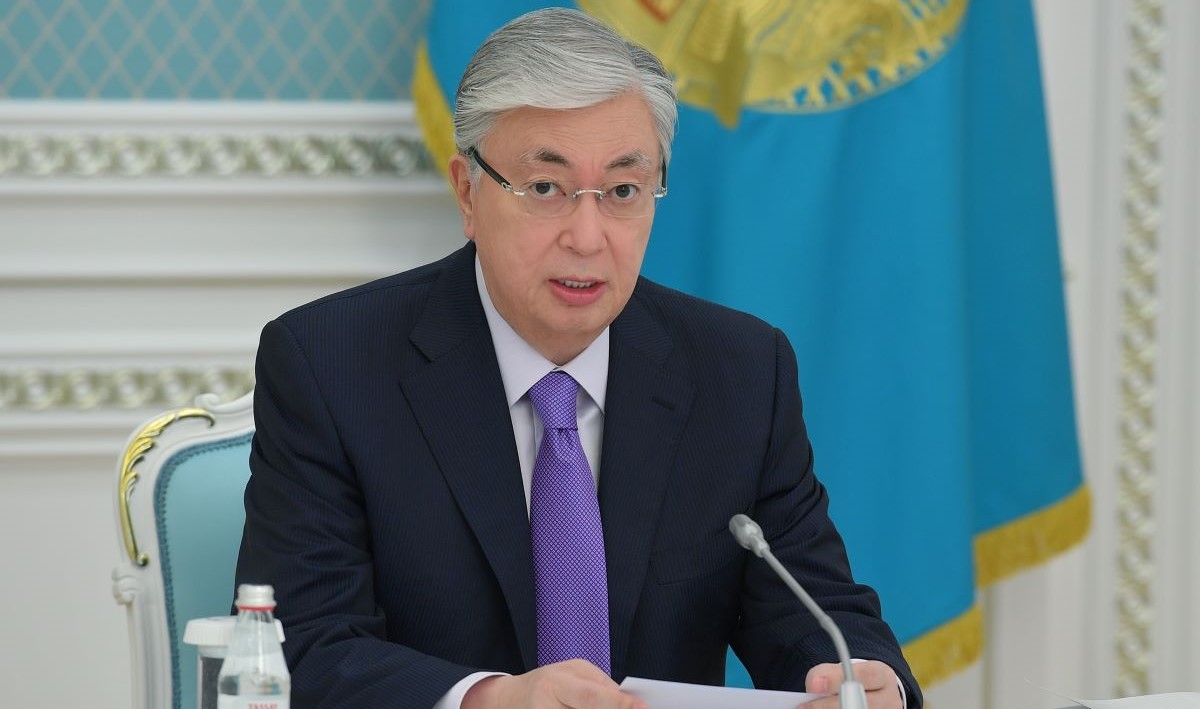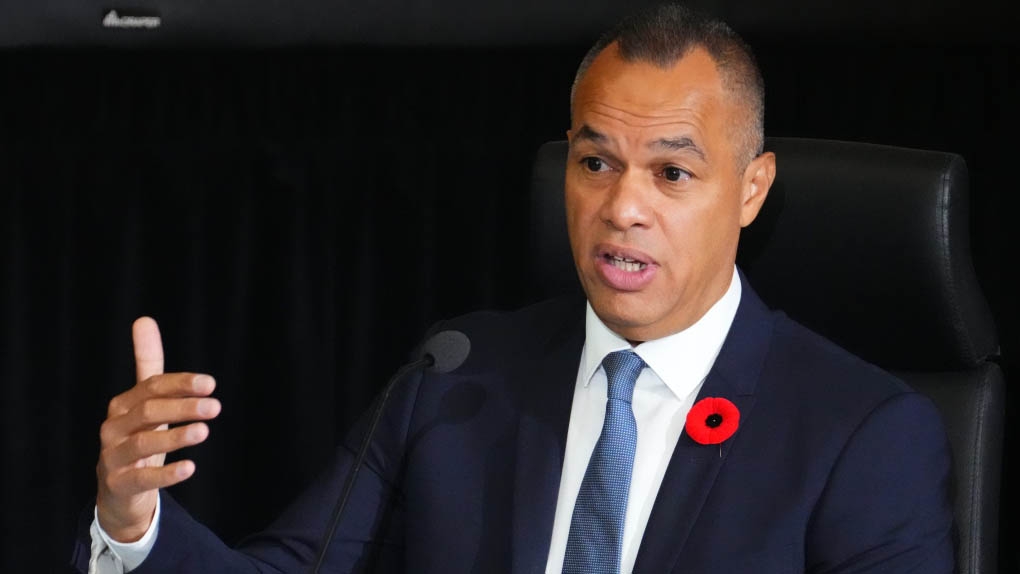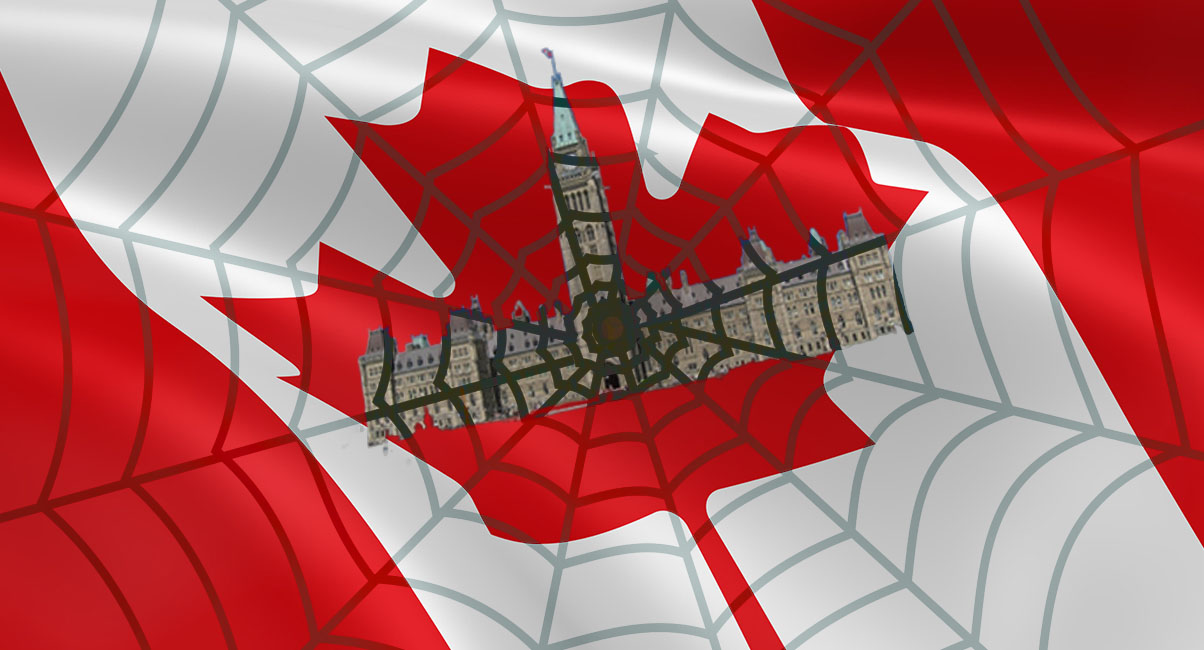
Reforms are transforming Kazakhstan into a modern and effective state
In 2019, Kazakhstan’s new President Kassym-Jomart Tokayev committed to bring the country to a path of political and economic reforms, enhancing dialogue between the state and its people and implementing a series of significant political and social reforms. A year and a half later, and despite the COVID-19 pandemic Tokayev is making progress on his reform agenda.
Kazakhstan 's Supreme Council for Reforms met on April 21, 2021 with President Tokayev chairing the meeting. The council discussed five main areas of reform: judicial, justice, digital, agricultural, and national projects. Their work is considered of the utmost importance for President Tokayev as the nation prepares to celebrate its 30th Anniversary of independence in December of this year.
The key reforms Tokayev continues to push for are based on three main principles:
- The continuation of the legacy and work that the first President of the Republic, Nursultan Nazarbayev, who was leading the country through the tumultuous post-soviet era where Kazakhstan became a symbol of regional stability.
- Justice by equality of rights for all citizens, regardless of their social, ethnic, religious, or other affiliation.
- Progress as a policy focusing social renewal in all spheres of society; implementing constructive changes for the benefit of people to become one of the world's leading countries.
Earlier, the president stated that political reforms in Kazakhstan will be implemented consistently and in stages. Since December 2019, the first package of reforms has been fully implemented in Kazakhstan, showing the truthfulness of his words.
During the first stage, the following democratic changes were introduced into constitutional law including: the liberalized procedure for organizing and holding peaceful assemblies in the country, the minimum required 30 per cent quota for the participation of women and young people in the electoral party lists of parties participating in elections was established, the registration barrier for the creation of political parties in the country was reduced from 40 thousand to 20 thousand people, the concept of the institution of the parliamentary opposition was established, the position of the chairman in one of the standing Committees and the position of the secretary in two standing committees of the Parliament were allocated to the opposition parties represented in the Parliament, article 130 of the Criminal Code of the Republic of Kazakhstan "Slander" has been decriminalized and the death penalty has been abolished.
The second package of political reforms was announced by President Tokayev on September 2, 2020, and these measures focus on the development of civil institutions at the local level. In particular, the government was tasked to develop a concept of local self-government, to adopt a law on public control, to create institute of online petitions, to introduce amendments to laws on combating torture and human trafficking and to implement new measures in the field of human rights protection. In addition, in 2021, direct elections of mayors (akims) of rural settlements were announced.
The third stage of political reforms was announced on January 15, 2021 at the opening of the first session of the Parliament of the Republic of Kazakhstan of the VII convocation. As part of the third stage of political modernization in Kazakhstan, the following measures will be implemented: reduction of the threshold for political parties to enter Parliament from 7 per cent to 5 per cent, introduction of the "Against all" column in ballots for all future elections, introduction of electability of district mayors, adoption of the law on the institute of online petitions, adoption of the law on the Commissioner for Human Rights (Ombudsman) and the creation of its regional offices, introduction of the “Youth Development Index” as well as expansion of measures to promote charitable activities.
The Kazakhstan’s legal system will also be reformed. It is expected that these changes serve to will attract more legal professionals into the countries judicial system to make it more competitive and western-styled. Prosecutors and defence lawyers will have a more adversarial relationship with extra checks and balances, including a strengthened appeals process. A study of Kazakhstan’s legal systems by lawmakers (with the involvement of legal professionals in the Mazhilis Kazakhstan's parliament) is expected to be passed later this year. Additionally, the criminal justice system reforms are coming to ensure the constitutional rights of those accused of committing crimes and those convicted, are protected.
President Tokayev said, “This reform is very important, in fact, it is a priority area of all work aimed at transforming Kazakhstan into a modern and effective state”. He noted that the legal reforms would be instrumental in attracting further foreign investments to the country by ensuring property rights under the law.
Economically, the president stressed the importance of the reform packages focus on shifting the role to a system where private enterprise plays the leading role in the economy. Other proposed business reforms include new regulations regarding fair competition and upgrading the technological sector in the country, along with the infrastructure to develop “human capital” by creating educational opportunities to expand who can partake in the economic shift to a more private business-based economy. In doing this, Tokayev hopes to better the everyday lives of Kazakhstanis. The policies are a shift towards liberal democracy but include adequate measures to protect the country from predatory business practices and to deal with modern problems such as climate change. Plans to “green the economy” and ensure fair distribution are part of the proposed reforms.
These reforms will shrink the Kazakhstan civil service by up to 25 per cent by the end of 2021. Along with these deep cuts to the bureaucracy, President Tokayev hopes to refocus the government’s departments into a system to serve the people first. As part of this plan, he stressed the need for national projects to be taken more seriously and looked at more subjectively. As President Tokayev stated during the April 21st conference: “It is important to have a clear methodological basis for selecting projects. This base should take into account the complex socio-economic effect of a particular national project, be clear, and, of course, non-subjective.”
These cuts will effectively remove the red tape in the country, forcing the civil service to be more effective and efficient. However, Tokayev stressed that the government's projects will remain a top priority and will be allocated the required funding to succeed.
By making these drastic changes in the country, Tokayev is hoping that he can further the legacy of former President Nazarbayev who took Kazakhstan from a former Soviet republic in the early 1990s’s to the 53rd largest economy by 2019. It became a "very high" category country in the Human Development Index, placing it among Western Europe and North America for literacy, child mortality, GNI per capita, and life expectancy. Clearly, Tokayev is hoping to secure Kazakhstan as a state which grows into a global leadership role.
Kazakhstan is well positioned. It can leverage diplomatic goodwill between its fellow Turkic countries and the former Soviet Republics and its unique and positive relations with China, Russia, the EU and Canada and the United States. The country is a global middle power with a professional judiciary and internal rule of law system and a strong reputation as a place to do business and where the business sector that is viewed as attractive to investors on the worldwide market. Tokayev’s reforms remain ambitious and are not risk free. If they work, Kazakhstan could become the central Asian economy ubiquitous with success and transformation, in a vein like Japan or China’s previous economic transformation and success in the last 50 years.
According to opinion polls, as President of Kazakhstan, Tokayev enjoys a high level of trust (74.9 per cent) and direct support (70.3 per cent) among the population of Kazakhstan. In addition, more than 70 per cent of respondents believe that the presidential initiatives can help increase the well-being of the population and the development of the country. According to the study of the state of corruption in Kazakhstan for 2020, conducted by the public foundation “Transparency Kazakhstan”, the President leads the five official institutions that deserve the most trust from the population, with an indicator of 70 per cent. Moreover, in comparison with the results of a similar study in 2019, the rating of trust has increased by 9%. It is important that in all cases the studies under consideration were conducted by non-State structures.
President Tokayev ended the April 21st meeting by stating: "We need a qualitative breakthrough, which means we need a well-coordinated and effective work, which I urge everyone to do".
The implementation of reforms will become an important stage in ensuring the progressive development of Kazakhstan in the field of human rights protection, development of civil society, strengthening parliamentarism, developing a multi-party system and further democratization of the country and modernization of its economy.








